On Wednesday, I was unable to use a mediation for our Noonday Prayers because the wifi wasn’t working right on the Green and the app wasn’t helping.
So I want to start with those words. They were on a Facebook page of one of my professors from seminary, although they were not her words. This is the post…
Have you ever noticed how in the scriptures men are always going up into the mountains to commune with the Lord?I think one of the reasons this stuck me is that it is not my lived experience. I am not a woman. Duh! But more to the point, people experience God in very different ways because our lives are very different, age, race, gender, sexual orientation, culture, and the list goes on. That Facebook post filled me with delight because it speaks of God finding her, of God's grace rushing in!
Yet in the scriptures we hardly ever hear of women going to the mountains. But we know why — right?
Because the women were too busy keeping life going;
they couldn’t abandon babies, meals, homes, fires, gardens,
and a thousand responsibilities to make the climb into the mountains!
I was talking to a friend the other day, saying that as modern woman I feel like I’m never “free” enough from my responsibilities, never in a quiet enough space I want with God.
Her response floored me, “That is why God comes to women. Men have to climb the mountain to meet God, but God comes to women wherever they are.”
I have been pondering on her words for weeks and have searched my scriptures to see that what she said is true. God does indeed come to women where they are, when they are doing their ordinary, everyday work.
God meets them at the wells
where they draw water for their families,
in their homes, in their kitchens, in their gardens.
God comes to them as they sit beside sickbeds,
as they give birth, care for the elderly, and perform necessary mourning and burial rites.
Even at the empty tomb, Mary was the first to witness Christ’s resurrection, She was there because she was doing the womanly chore of properly preparing Christ’s body for burial.
In these seemingly mundane and ordinary tasks, these women of the scriptures found themselves face to face with divinity.
So if — like me — you ever start to bemoan the fact that you don’t have as much time to spend in the mountains with God as you would like. Remember, God comes to women. He knows where we are and the burdens we carry. He sees us, and if we open our eyes and our hearts we will see Him, even in the most ordinary places and in the most ordinary things.
He lives. And he’s using a time such as this to speak to women around the world. (Original 🖌: Heather F.)
Thanks be to God who comes to us in a myriad of ways! What a wonderful created world in its diversity and complexity and God is there in the midst of us for each of us in so many ways.
And that is the celebration of Pentecost. When the Holy Spirit came up on the disciples. What happened? As the Acts of the Apostles tells us…
All the disciples were filled with the Holy Spirit and began to speak in other languages, as the Spirit gave them ability. Now there were devout Jews from every nation under heaven living in Jerusalem. And at this sound the crowd gathered and was bewildered, because each one heard them speaking in the native language of each. Amazed and astonished…
They tasted the Gospel in their language, in their experience, in their lives…
Those in Jerusalem had God reached out to them and they understood. God does that for us today, in maybe more subtle ways… This is a true story told by writer Auburn Sandstrom (at The Moth, the acclaimed organization dedicated to the art and craft of storytelling)
In 1992, Auburn was 29, the mother of a three-year-old son, trapped in an abusive marriage — and an addict. One night she hit bottom. She was curled up on a filthy carpet in a cluttered apartment, in horrible withdrawal from a drug she had been addicted to for several years. In her hand was a little piece of paper. For hours, she kept folding and crumbling it. It was the phone number for a Christian counsellor her mother had given her in one of their rare moments of contact. Finally, the desperate young mother punched the numbers on her phone. It rang. A man answered.A stranger called in the middle of the night by mistake becomes the means of transformation and grace for a desperate young mother. Such compassion, such selfless caring, is the Spirit of God in our midst.
“Hi, I got this number from my mother. Uh, do you think you could talk to me?”
Auburn heard some shuffling at the other end of the line. A little radio in the background was snapped off and the man who answered became very present. “Yes, yes, yes. What’s going on?”
For the first time, Auburn poured out her story. She told him that she wasn’t feeling good, that things had gotten pretty bad in her marriage, that she had a drug problem, that she was scared.
The man at the other end of the line didn’t judge. He just sat with her and listened. Auburn was encouraged by his kindness and gentleness.
It was two in the morning. The man stayed up the whole night with Auburn, just talking, listening and being there until the sun rose. By daybreak, she had calmed down. The raw panic had passed. She was feeling okay.
She was grateful to him. “Hey, you know, I really appreciate you and what you’ve done for me tonight. Aren’t you supposed to be telling me to read some Bible verses or something? Because that’d be cool, I’ll do it, you know. It’s all right.”
He laughed and said, “Well, I’m glad this was helpful to you.”
“No, really. You’re very good at this. I mean, you’ve seriously done a big thing for me. How long have you been a Christian counselor?”
There was a long pause at the other end of the line. “Auburn, please don’t hang up. I’ve been trying not to bring this up….” “I’m so afraid to tell you this. But the number you called . . . ” He paused again. “You got the wrong number.”
Auburn didn’t hang up. They talked a little longer. Auburn never got his name or called him back.
Auburn Sandstrom survived that night. She’s now a successful writer and teacher; she raised her little boy, alone, to become a magnificent young athlete and scholar who graduated from Princeton. She concludes her story of that night:
“ . . . the next day I felt this kind of joy, like I was shining. I think I’ve heard them call it ‘the peace that passes understanding.’ I had gotten to see that there was this completely random love in the universe. That it could be unconditional. And that some of it was for me . . . In the deepest, blackest night of despair, if you can get just one pinhole of light . . . all of grace rushes in.”
Pentecost celebrates the love that IS God and OF God: the love that binds the Father to the Son and now binds us to God and to one another in all of our experiences. It is the love that transcends words to embrace the heart and soul of each one of us; it is the love that gives voice to the things we believe but are unable to speak; it is the love that enables us to be for others “pinholes of light” through which the grace of God rushes in.
You never know where God will be when you need God the most and yet the promised Holy Spirit will be with us, no matter who we are, no matter where we’ve been. Amen.
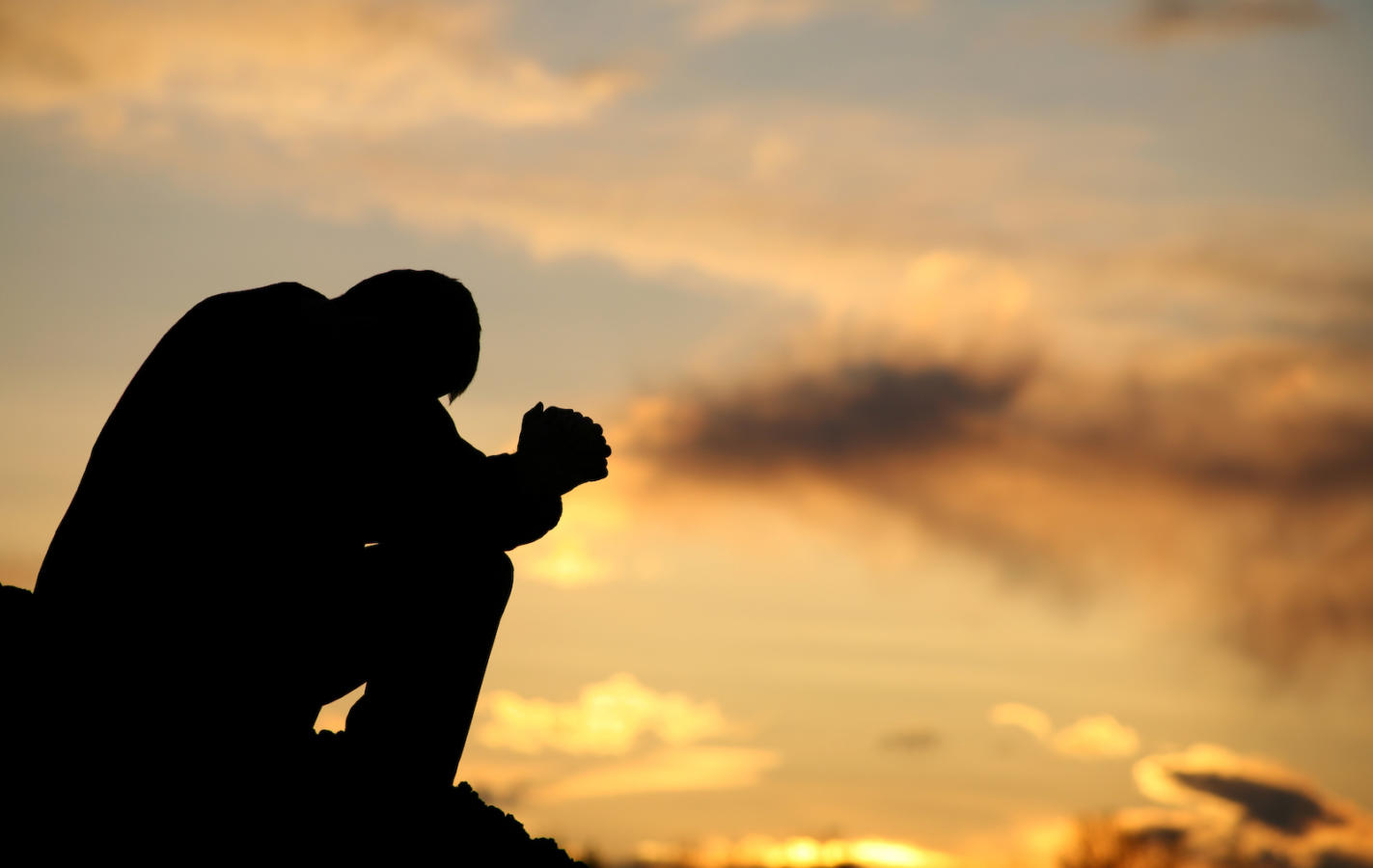






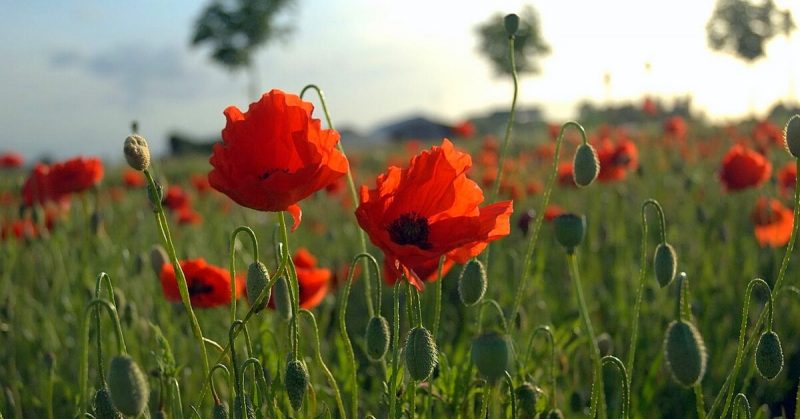
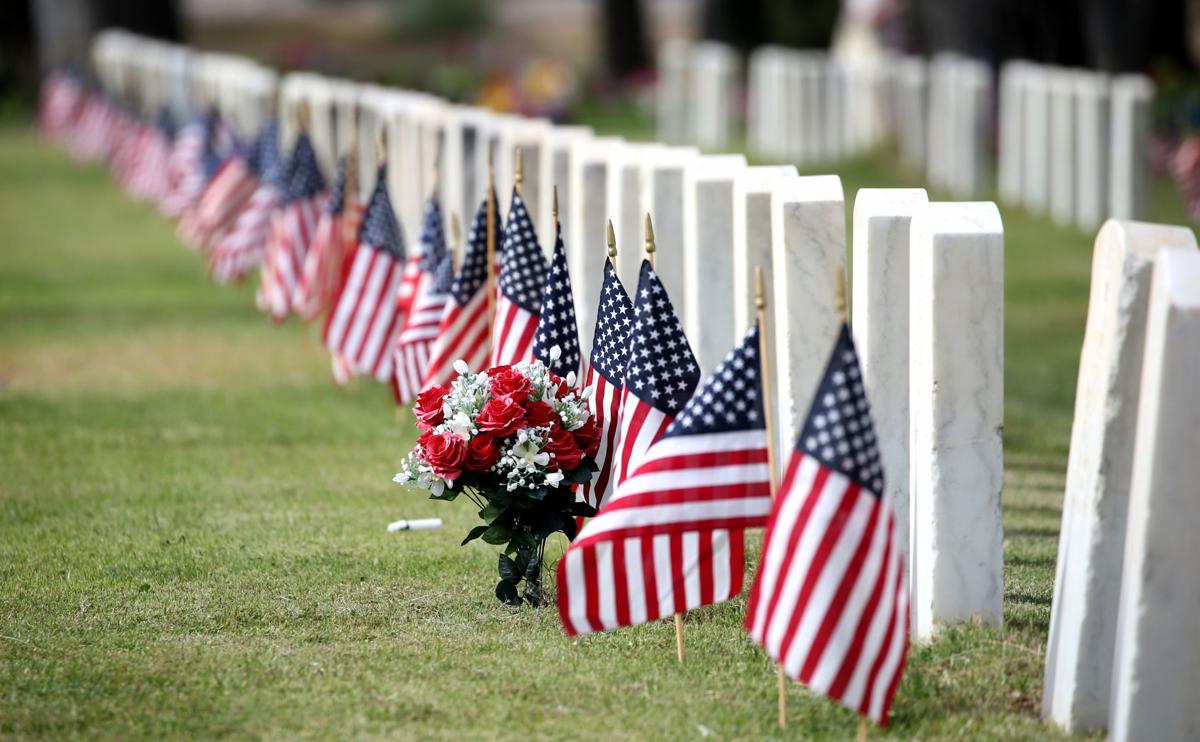

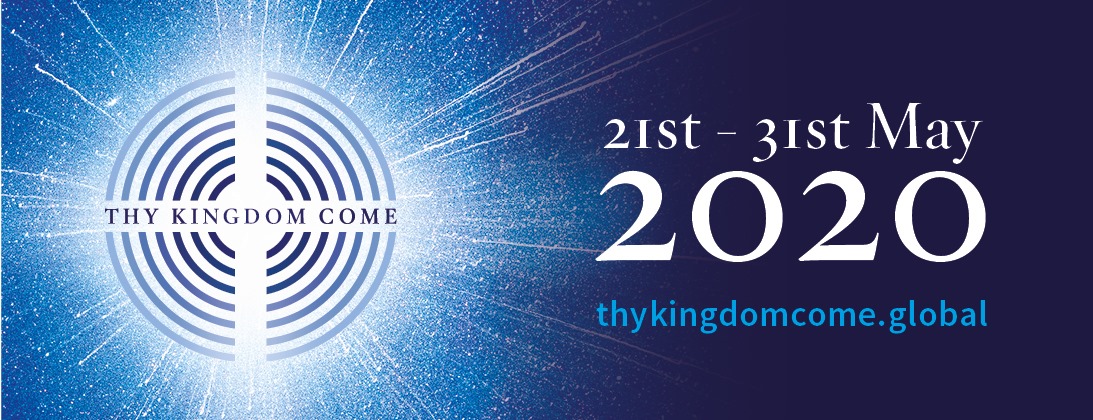
:max_bytes(150000):strip_icc():format(webp)/Rogation-Sunday-56a1094b3df78cafdaa84c3d.jpg)

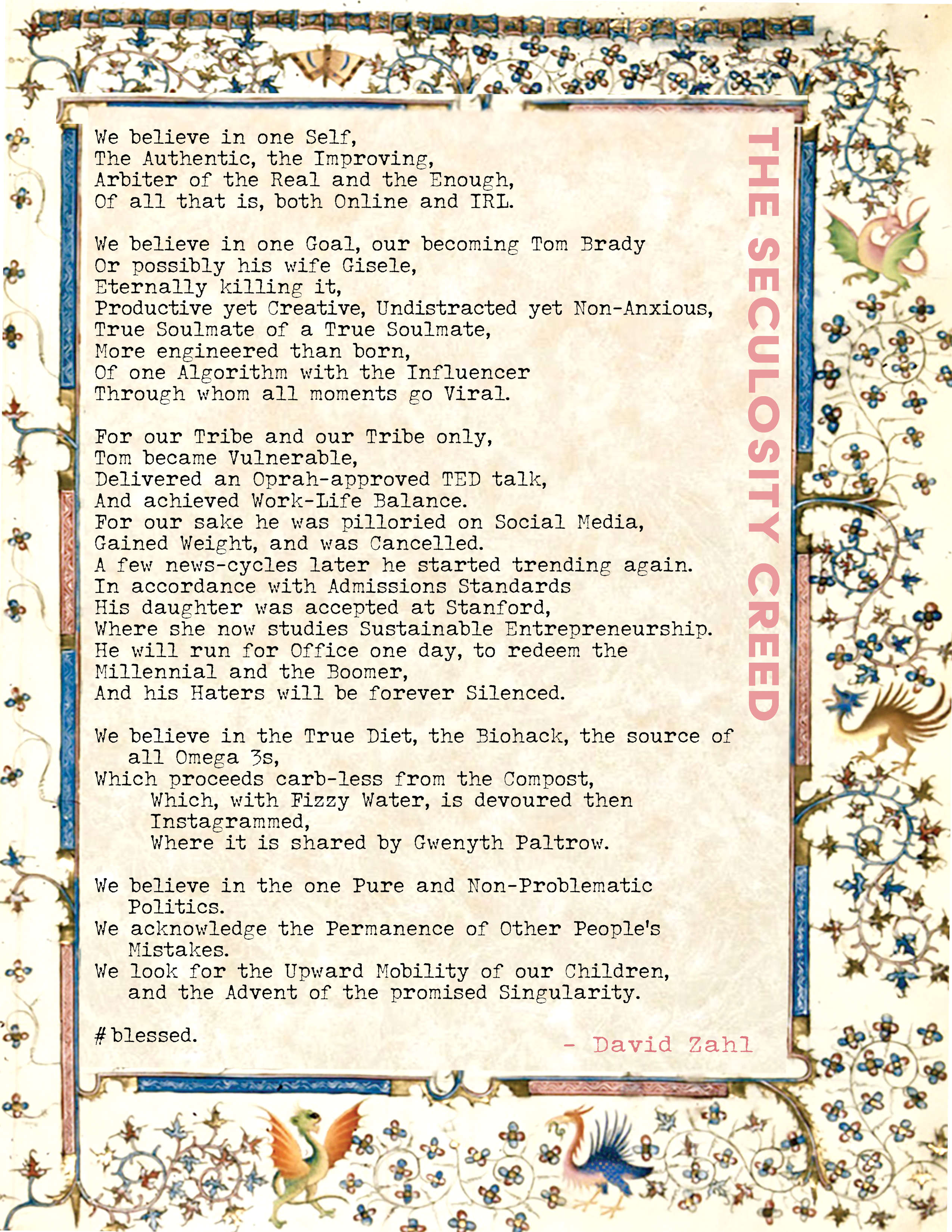
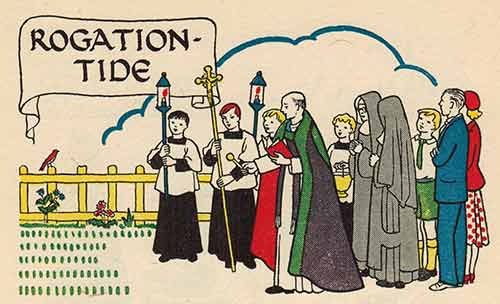
 Let us go forth in the name of Christ. Alleluia, alleluia.
Let us go forth in the name of Christ. Alleluia, alleluia.
